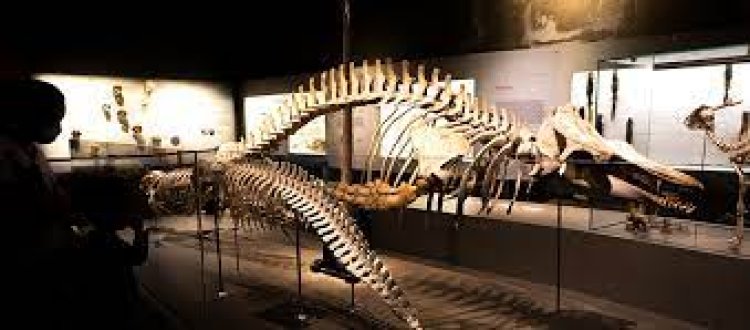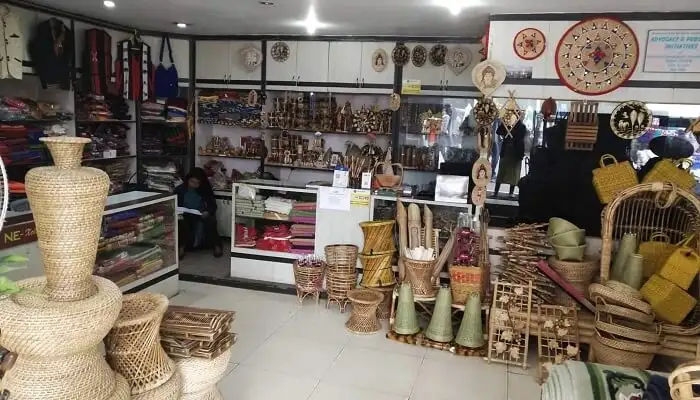Lee Kong Chian Natural History Museum, Singapore - Wanderela
Start from the prehistoric period by looking awe-struck at the display of dinosaur skeletons and move through various regions to reach the present period flora and fauna displays.

You will be taken back in time to the beginning of life on earth when you visit the Lee Kong Chian Natural History Museum. Here, you will learn about the gradual transformations that led to the diverse array of flora and fauna that exists in the modern era. When you visit this location, you will be mesmerized by the abundance of colors and varieties of plants and animals that are housed within 15 separate topical zones.
The museum's exhibition galleries have been expanding throughout the course of time to support the usage of new technological breakthroughs for research and investigation, as well as to make room for additional geographical areas.
In addition to catering to the requirements and pursuits of the general people, the museum's mission should be to excite and inform scholars about emerging trends and difficulties, as well as to heighten their knowledge of environmental issues. The major attraction is a trio of close total goliath sauropod dinosaur skeletons, and it is sure to impress any visitors who come to see it.
The public exhibition at the Lee Kong Chian Natural History center was opened in the year 2015, and it is organized into sixteen distinct themed zones. Within each of these zones, there are interactive shows and displays of specimens of land, water, and land-based animals as well as plant life.
The skeletons of three real and nearly complete goliath sauropod dinosaurs, known as Ruler, Apollonia, and Twinky, may be located on the primary level of the exhibit. These dinosaurs have been given the names Ruler, Apollonia, and Twinky. Guests will get the opportunity to learn about the efforts that Singapore has done to maintain its natural ecosystem and will be able to witness examples that date as far back as 1849.












